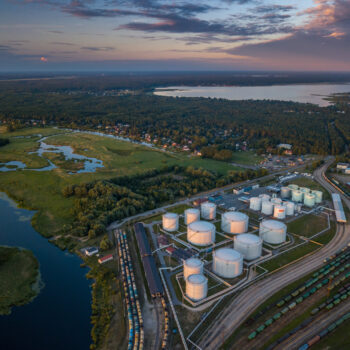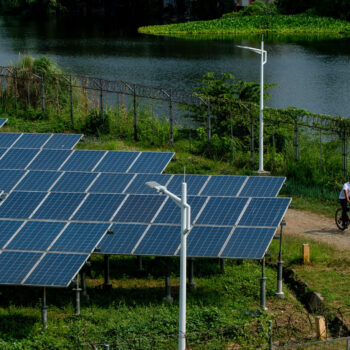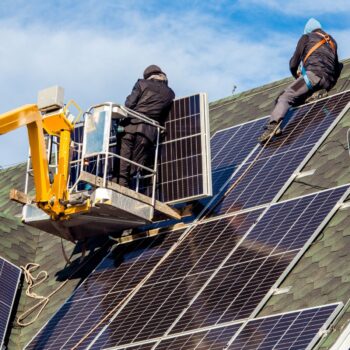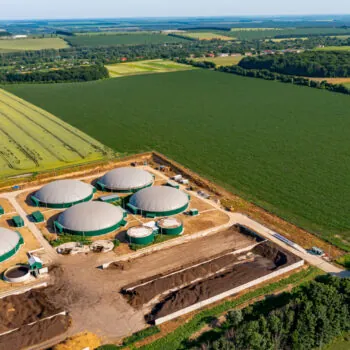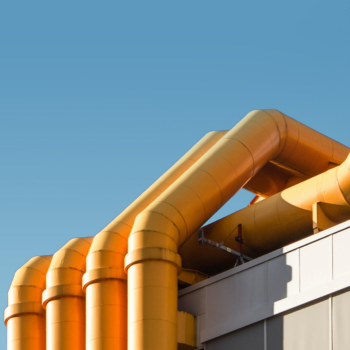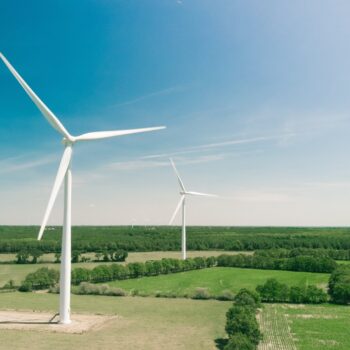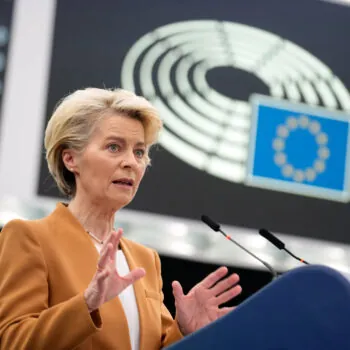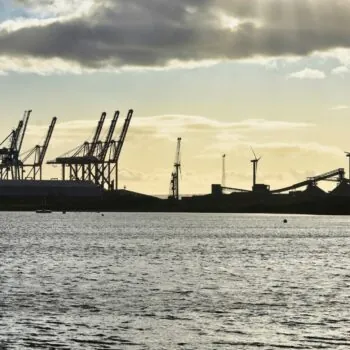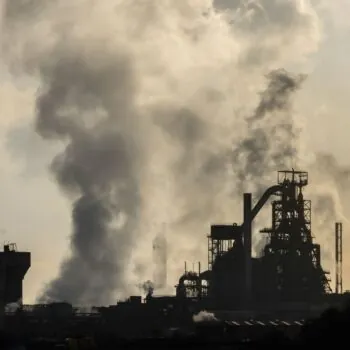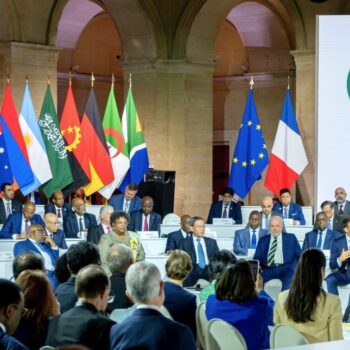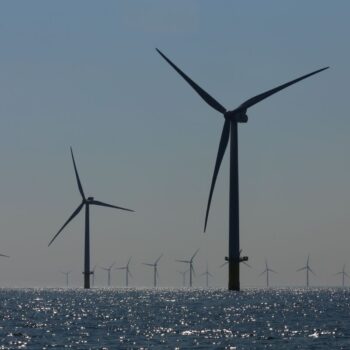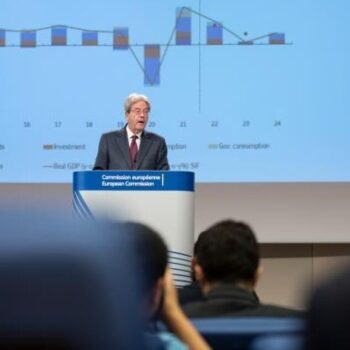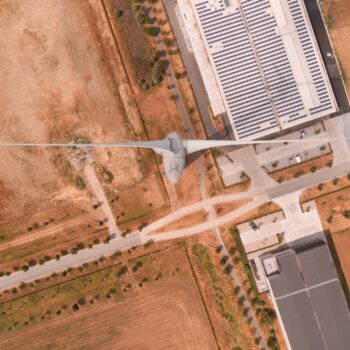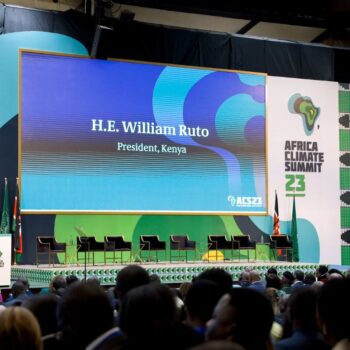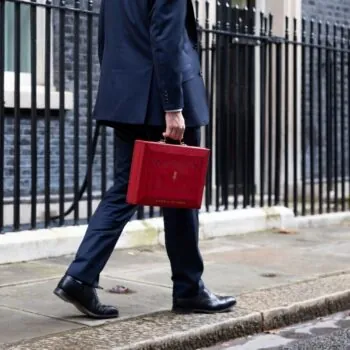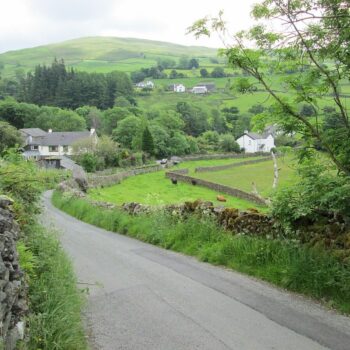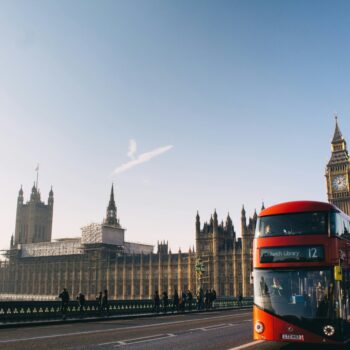Climate Neutral Energy Systems
The Climate Neutral Energy Systems programme aims to advance the energy infrastructure, markets and diplomacy needed to transition to climate neutrality. Our goal is to build the horizontal structures that facilitate industry, power and place based transitions to thrive and be elevated to scale – thereby enabling an orderly, well-managed phase down of our fossil fuel economy, particularly gas-based. We do this by investing in thought leadership and building coalitions for institutional, financial, fiscal and regulatory reform and innovation.
Industry Transition and Trade
The Industry Transition and Trade programme aims to support the global transition to cleaner, more circular production and consumption systems. Our goal is a climate-neutral material economy that allows for well-paying, resilient and zero carbon employment opportunities and supports inclusive, environmental and economic outcomes internationally.
We work with civil society partners and progressive businesses, building coalitions and generating thought leadership to secure the key changes in industrial, innovation and trade policy required to accelerate industrial decarbonisation.
Macroeconomy
To change the global economy to operate at net zero means addressing the way the present system architecture promotes clean investment, and manages both the risks of climate change and the impact of the net zero transition. Our work includes addressing how Finance Ministers and Central Banks — overseen by the IMF — manage economies, how fiscal space to enable transition investment can be enhanced, and how economic development models need to adjust to take account of the climate crisis.
We work with a range of public and civil society organisations active in the macroeconomic space. We identify pathways forward for a global clean economy and bring key actors together to develop and implement solutions.
Place-Based Transitions
Place-Based Transitions encompass decarbonisation and adaptation to a warming world at the local level. They aim to secure people-centred benefits in the drive towards climate safety: just transition; affordable healthy homes, workplaces and cities; vibrant and circular local economies; inclusion and participation.
These benefits become possible by building the distributed, ‘small’ infrastructures – including energy efficiency and smart, clean heating and cooling – that the net zero transition requires.
We work with partners and in coalitions, through thought leadership, policy and political engagement, for institutional, financial, fiscal and regulatory reforms that accelerate place-based transitions consistent with meeting climate targets and social needs.


